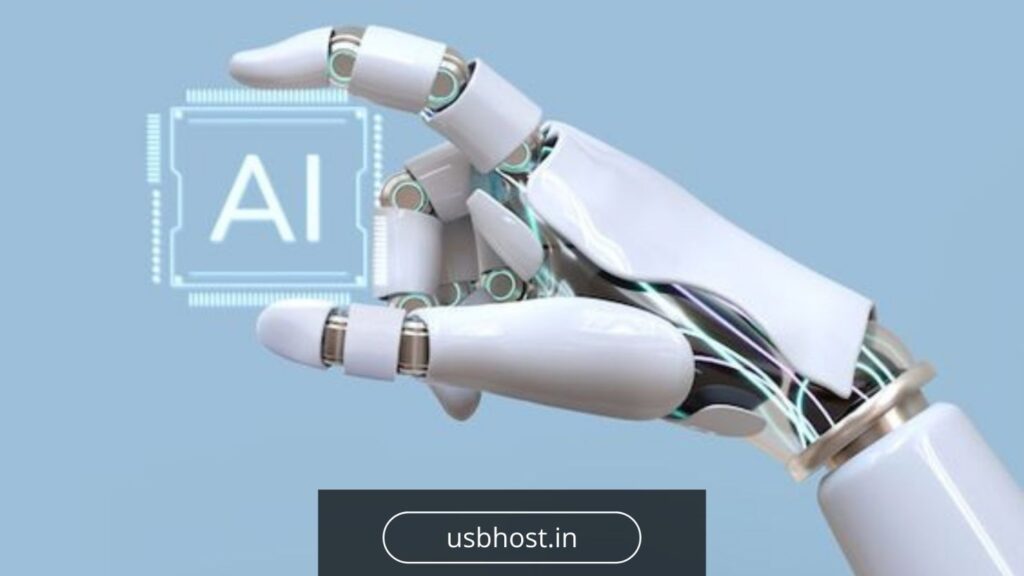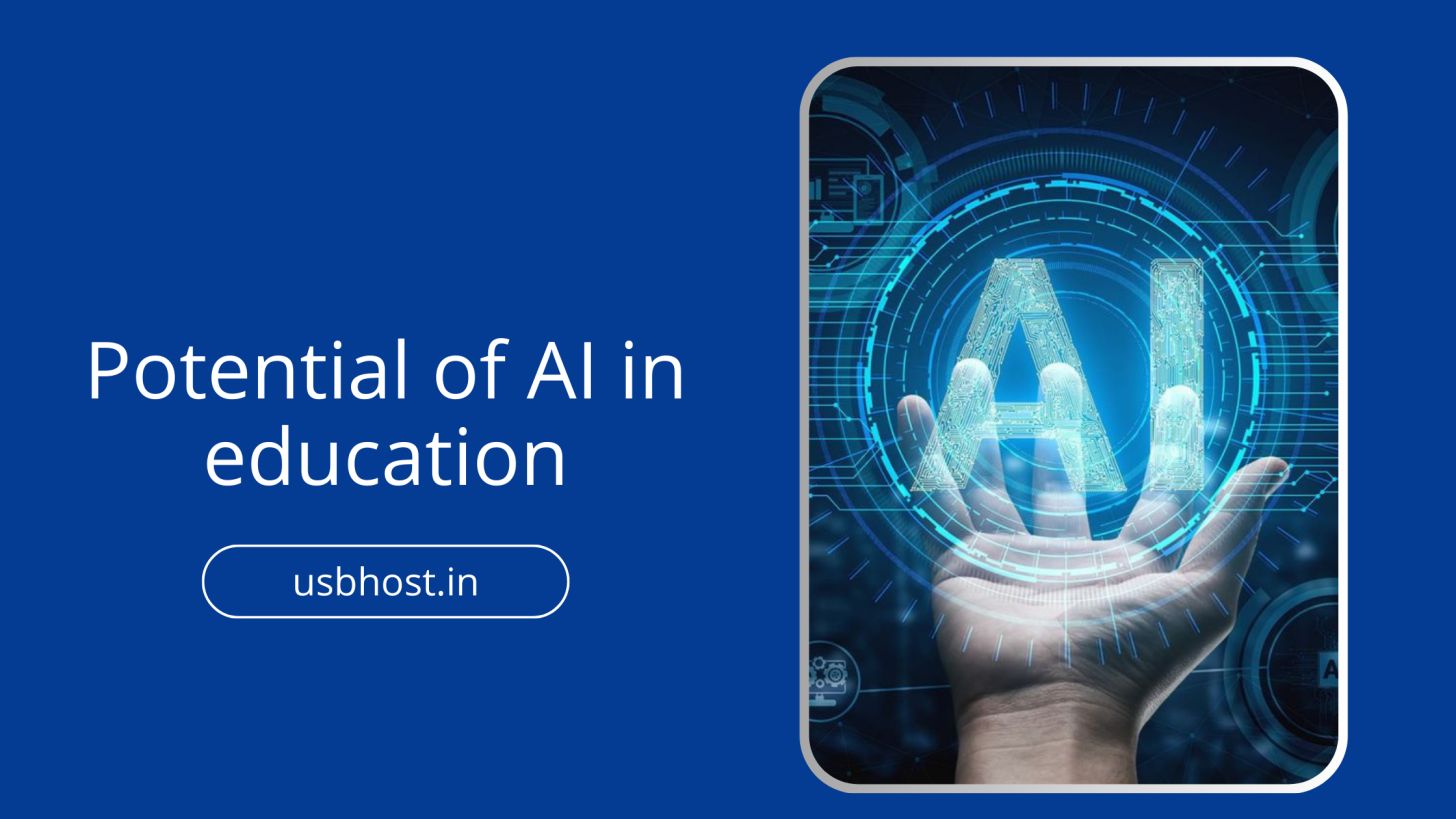Potential of AI in education – Learn how AI is transforming education by empowering teachers. Dive into real-life case studies highlighting the impact of AI tools on teaching and learning outcomes.

In these turbulent times, teachers act as important pillars for social unity and cultural integration. However, UNESCO’s latest findings highlight a severe shortage of 44 million teachers worldwide, further exacerbating the challenge. Worryingly, the significant attrition rate of 9% among primary teachers in 2022 points to a deep-rooted professional dilemma. Amid such complexities, the call for innovative solutions and a renewed dedication to the teaching profession has never been more acute.
According to a study by the Rand Corporation, only 24% of teachers express satisfaction with their weekly workload, in contrast to 55% of other employed adults. Furthermore, Forbes reports that the responsibilities inherent in teaching cause stress for at least 60% of teachers. These statistics point to the challenges faced by teachers, indicating an urgent need for systemic support and reforms in the education sector.
In a world where teachers struggle, the prospect of leveraging Artificial Intelligence offers transformative potential, promising to reduce burdens and revolutionize learning experiences.
Today’s educational landscape is full of challenges, which primarily include supply-side constraints in terms of time, resources, and skills. In this context, teachers want to use the growing capabilities of AI as a force multiplier, providing personalized assessments, interactive learning tools, and more. These innovations reimagine traditional teaching methods, offering promising pathways to guide and nurture students through their educational journey.
In the field of education, AI emerges not as an enemy but as a companion. Encouragingly, a recent survey indicates that 67% of teachers are optimistic about the potential contribution of AI to contemporary learning environments, highlighting its role as a supportive tool rather than a disruptive force in instructional practices.
Expanding on the above discourse, perhaps the most compelling aspect of AI for teachers lies in its ability to reduce the burden of mundane, repetitive tasks, thus freeing them to focus on their core strength: students. Nurturing relationships with. With proper oversight, AI can seamlessly manage a spectrum of administrative responsibilities, from grading exams to preparing lesson plans. For example, AI-based grading tools reduce teachers’ grading time by up to 70%. While AI can’t yet replicate the nuanced qualitative feedback provided by human instructors, its ability to automate routine assessments can help teachers better understand individual learners and develop supportive connections critical to their growth and development. Allows time and energy to be redirected.
Furthermore, the emergence of generative AI presents an exciting opportunity to enhance teaching practices through comprehensive student data analysis, by leveraging neural networks to isolate patterns from existing data and generate novel content. By examining vast datasets involving attendance records, assignment grades, and class participation, generative AI empowers teachers to proactively identify at-risk students and intervene immediately, fostering a more empathetic and personalized learning environment. Specifically, as AI progresses within educational technology, it facilitates the creation of synthetic datasets that preserve statistical accuracy while protecting individual student privacy. These simulated but anonymized datasets serve as invaluable resources to perform advanced analysis, allowing teachers to gain actionable insights to refine lesson plans and provide targeted support to struggling learners based on empirical evidence rather than subjective assessment. enable. Thus, Generative AI emerges as a powerful tool for modern teachers, revolutionizing teaching practices and enhancing student outcomes through data-driven decision-making.
AI presents a range of opportunities for scalable personalized learning, tailoring educational experiences to the needs of individual students, and transforming teachers into observers rather than mere instructors. Drawing from insights gained from cognitive research, algorithms now take on the role of instructors, organizing lesson sequences and providing real-time recommendations for personalized learning paths. Additionally, adaptive tutoring systems dynamically measure mastery levels, adjusting course difficulty through reinforcement learning. This allows struggling students to receive additional support, while enabling faster progression for outstanding performers, facilitating optimal engagement across different learning profiles. Demonstrating its effectiveness, studies have shown a significant 62% improvement in test scores among students who used the adaptive learning approach. Additionally, intelligent tutoring systems have been found to reduce student anxiety by 20% and increase learning motivation. Such advances underscore the potential of AI to revolutionize education, fostering inclusive, effective, and motivating learning environments for all students.
Today, conversational AI interfaces are revolutionizing education by serving as engaging learning companions for students. Chatbots handle recurring queries efficiently, giving teachers more time for impactful conversations, while their friendly personalities maintain students’ motivation. These virtual tutors use dialogue to clarify concepts, address challenges, resolve misconceptions, and provide feedback, ensuring ongoing engagement beyond traditional office hours. This approach, especially beneficial for slow learners, democratizes access to fundamental skills development. Notably, before OpenAI’s ChatGPT, the University of Murcia deployed the AI-powered chatbot Lola, which achieved a remarkable 91% accuracy in responding to student inquiries, freeing academic staff from routine tasks. This exemplifies the transformative potential of conversational AI in enhancing learning experiences and optimizing educational support systems.
In education, the potential of AI flourishes under the guidance of an intelligent teacher, complementing human intelligence. Teachers play an important role in ethically integrating AI and promoting ethical awareness among students. Recognizing the promise of AI along with the need for ethical application empowers teachers to shape a progressive educational landscape.
FAQs
1. How can AI enhance the educational experience for students?
AI provides personalized learning experiences, adaptive learning systems and conversational interfaces, engaging students and addressing individual needs more effectively.
2. What role do educators play in integrating AI into the classroom?
Teachers act as guides, leveraging the capabilities of AI to ensure ethical use and foster critical thinking skills among students.
3. How does AI impact teachers’ workload?
AI streamlines administrative tasks, such as grading and lesson planning, freeing up teachers’ time for meaningful interactions with students.
4. Can AI accommodate diverse learning needs?
Yes, AI algorithms can adapt to students’ pace and learning style, providing tailored support for both struggling learners and those who excel.
5. What are some examples of AI applications in education?
Examples include chatbots to answer student questions, adaptive tutoring systems, and AI-powered tools to analyze student performance data.
6. How does AI contribute to more inclusive learning environments?
By providing personalized support and meeting diverse learning needs, AI helps democratize access to education and foster an inclusive classroom environment.
7. What considerations should educators keep in mind when implementing AI?
Educators should prioritize the ethical use of AI while maintaining transparency and accountability and ensuring that AI complements rather than replaces human interaction and critical thinking.
“Start Hosting Today!” – Encourages visitors to take immediate action and sign up for hosting services.
Follow for more updates (click here)

